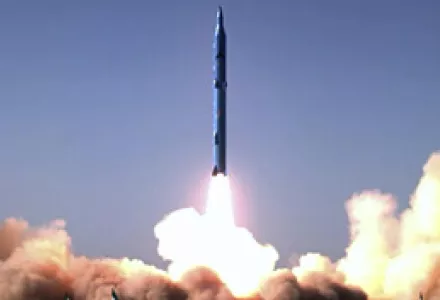Widespread conventional wisdom holds that if Iran continues down the nuclear proliferation path it appears to be on, regional antagonists will do likewise. The speaker's dissertation examines the broader questions of whether states are more likely to proliferate when their rivals do so, under what conditions such "reactive proliferation" is more or less likely, and what tools policymakers in Washington and elsewhere have to forestall further proliferation. Using both quantitative and qualitative analysis, the dissertation finds that states whose rivals proliferate are much more likely to explore nuclear weapons options but, in most cases, no more likely to launch weapons programs or acquire. The relative dearth of reactive proliferation in the past, and modest variation, is explained with reference to the status quo–reinforcing, defense-dominant character of nuclear weapons, variation in the intensity of rivalries, variation in the economic and technical resources and political constraints faced by potential proliferants, and variation in their access to security guarantees from nuclear-armed allies. These and additional findings shed light on the evolving situation in the Middle East, suggesting that fears of reactive proliferation are exaggerated, that there are worst-case scenarios in which these fears may be at least partially realized, and that the United States and other states have access to significant levers to make such outcomes less likely.
Please join us! Coffee and tea provided. Everyone is welcome, but admittance will be on a first come–first served basis.

